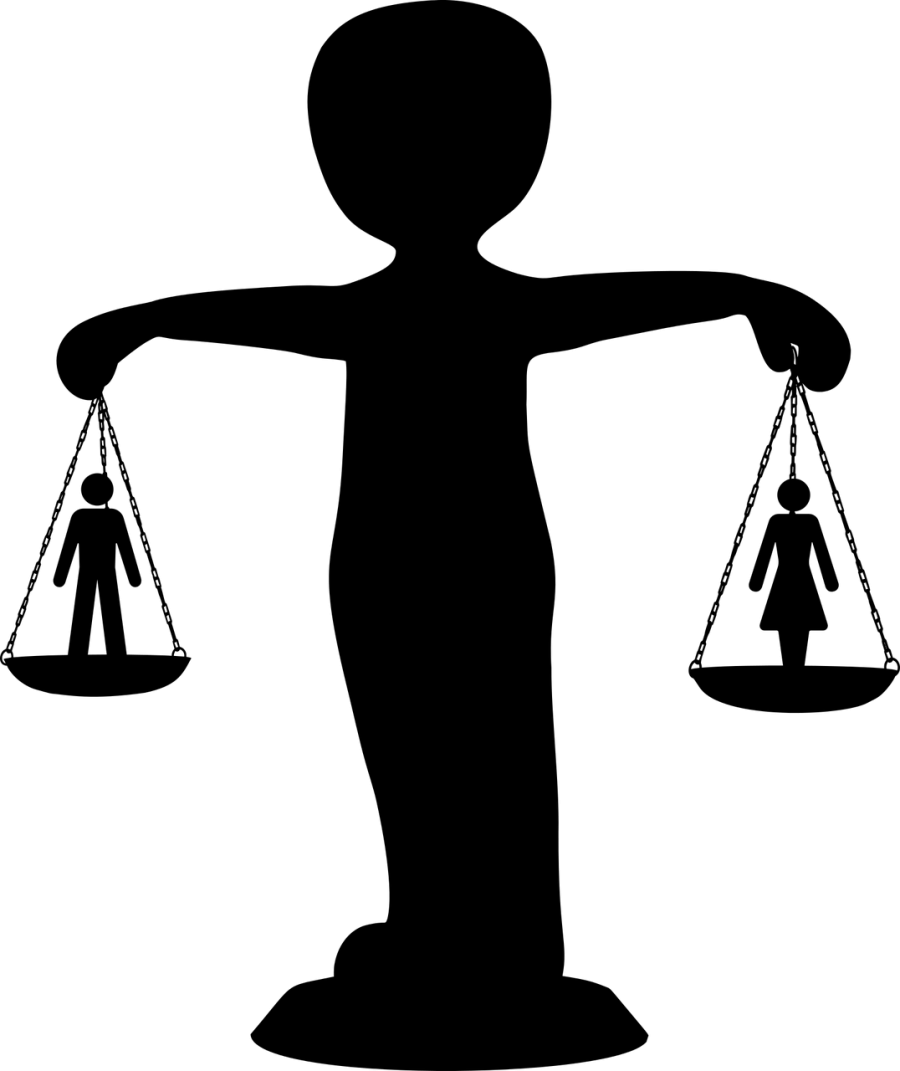Blog

Blog
Call us today for a free initial consultation on 0800 772 0341
What is the Equality Act?
Published 16 September 2019


A lot is written and said about the need to treat all employees fairly, but how much do we really know about a key area of the law that covers this.
The Equality Act 2010 provides protection for all employees especially those who are the most vulnerable and susceptible to unlawful treatment in the workplace.
The Act came into force on 1 October 2010. It brings together over 116 separate pieces of legislation into one single Act.
It replaced previous legislation such as the Sex Discrimination Act 1975, the Race Relations Act 1976 and the Disability Discrimination Act 1995 to form a single Act. It ensures consistency in what employers and employees need to do to make their workplaces a fair environment and comply with the law.
The legislation covers a wide range of different types of places and organisations. It covers employment matters and the treatment of job applicants and employees.
The Equality Act is a law that protects you from discrimination. It means that discrimination or unfair treatment on the basis of what the legislation terms ‘protected characteristics’, is now against the law in almost all cases.
The protected characteristics are (1)
Age
Disability
Gender reassignment
Marriage and civil partnership
Pregnancy and maternity
Race
Religion or belief
Sex
Sexual orientation
You are protected from a number of different things under the Equality Act, which include (2)
- Direct discrimination - This is when you are treated less favourably because of a protected characteristic.
- Indirect discrimination - occurs when an employer's policies, procedures or rules which apply to everyone has the effect that people with a certain protected characteristic are put at a disadvantage when compared with those who do not share it.
- Harassment - This is when you experience behaviour that makes you feel intimidated, humiliated, or degraded, or that creates a hostile environment.
- Victimisation - This is when you are treated unfairly as a result of making a complaint about discrimination or giving evidence when someone else makes a complaint.
If you are subjected to discriminatory treatment at work you should first raise a complaint with your employer. The usual way to do so is to submit a formal grievance (3).
Any such complaint should be taken seriously and dealt with in a fair and reasonable manner and without unreasonable delay. For an employer this is crucial because if an employee, or former employee, submits a successful claim for discrimination to an employment tribunal the amount of compensation they may receive is currently uncapped.
Earlier this year the bands of compensation that employment tribunals can award for injury to feelings in discrimination cases – known as Vento bands – was increased. From 6 April 2019, the most serious cases will attract compensation in the £26,300 to £44,000 “upper band”, with the most exceptional cases capable of exceeding this.(4).
The Equality Act also means that public bodies, such as local authorities, hospital trusts and police authorities now have to prevent discrimination. This is called the Public Sector Equality Duty. (5).
Public bodies must consider the needs of people with protected characteristics when planning or carrying out their public duties or services.
There are some circumstances in which it will not be considered discrimination if you are treated unfairly because of who you are. This is known in legal terms as objective justification. (6).If discrimination is justified, it does not count as unlawful discrimination
The Equality Act says discrimination can be justified if the person who is discriminating against you can show it is a proportionate means of achieving a legitimate aim.
References
1.Equality and human rights [Internet] www.equalityhumanrights: https://www.equalityhumanrights.com/en/equality-act/protected-characteristics:Cited 10.9.19
2. Citizen advice [Internet] www.citizenadvice.org.uk: https://www.citizensadvice.org.uk/law-and-courts/discrimination/what-are-the-different-types-of-discrimination :Cited 10.9.19
3. Castle Associates[Internet] www.castleassociates.org.uk. https://castleassociates.org.uk/support-centre/rasing-grievance-faqs: Cited 10.9.19
4. Employment Cases Update [Internet] www.employmentcasesupdate.co.uk: https://www.employmentcasesupdate.co.uk/site.aspx?i=ed38569 Cited 10.9.19
5. Government Groups [Internet] :www.gov.uk https://www.gov.uk/government/groups/review-of-public-sector-equality-duty-steering-group:Cited 10.9.19.
6. Equality Human Rights [Internet] www.equalityhumanrights.com :https://www.equalityhumanrights.com/en/equality-act/protected-characteristics:Cited 10.9.19.
“A reputation built on success”
For free employment law advice or if you are affected or want information and support by any of the issues in this article please give us a call. 0333 772 0611
A reputation built on success
If you're facing any of the issues in this article - or need guidance on disciplinary, grievance, or redundancy matters - call us today. Our expert Trade Union Representatives are available to represent you in crucial workplace meetings, with pay as you need support.